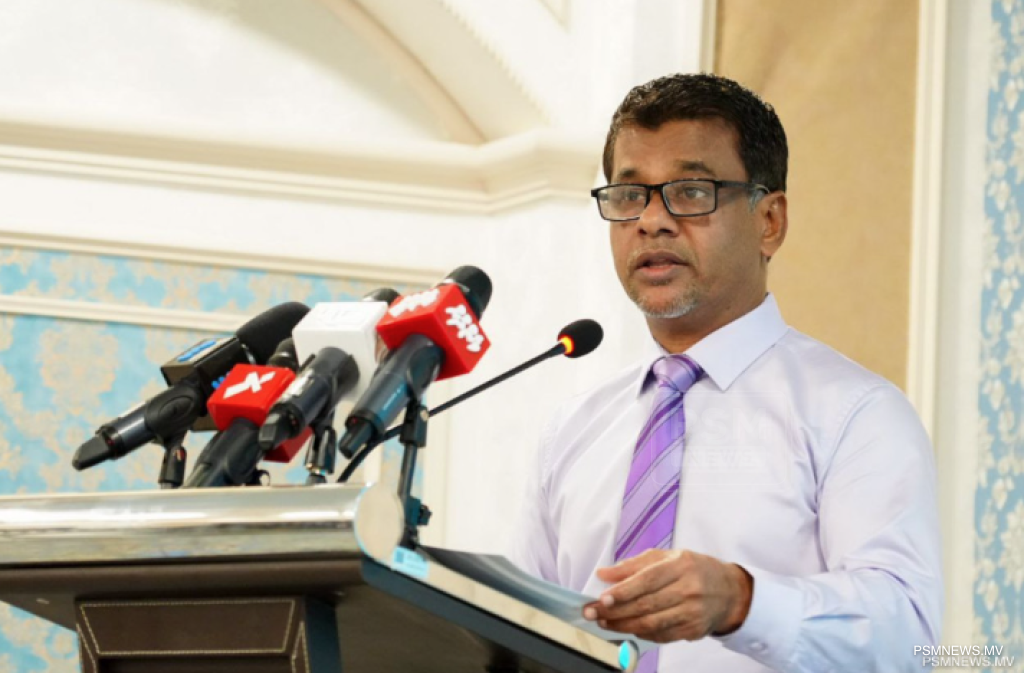Minister of Health Abdulla Nazim announces that tobacco cessation treatment will be covered under the national insurance scheme, Aasandha.
Tobacco cessation treatment is a service provided to individuals addicted to smoking, but who are willing to quit the habit. Following the recommendation of the Cabinet, President Dr. Mohamed Muizzu decided that all health service providers nationwide will provide tobacco cessation treatment. This decision was made on October 17, aiming to minimise the use of tobacco.
Speaking at a press conference, Minister Nazim stated that a quick line has been established to ensure the provision of tobacco cessation services more conveniently, noting that the quick line can be used from December 8 onwards. The quick line, 1676, will be operational around the clock. The minister revealed that employees have now been trained to provide efficient tobacco cessation treatment. In addition to providing services via call, the quick line will facilitate the dissemination of information pertaining to reducing the nicotine addiction.
Furthermore, Minister Nazim disclosed that arrangements have been made to ensure that all treatments related to tobacco cessation are covered by Aasandha. The minister also stated that a budget has been allocated for implementing this initiative nationwide. He revealed his vision of all trainees, under the initiative, to complete the training within the next two or three months.
Presently, tobacco cessation treatment is provided from three hospitals in Male’ City and Dhamana Veshi, a community health service provider. Meanwhile, arrangements have been made such that the treatment can also be received from 48 various health centres across the atolls.
Under the government’s efforts to control the use of tobacco, it has taken several important steps, including, bringing amendments to the Tobacco Control Act and the Export-Import Act. This, in turn, has brought significant changes to importation of vaping devices, electronic cigarettes and complementary products, and the penalties imposed on the utilisation of such products. As such, the importation of vaping devices and e-cigarettes have been banned since November 15, while the sale and usage of such products will be prohibited from December 15 onwards. The government has decided to ensure the strict implementation of these legislations, with heavy penalties imposed for law offenders.
Tobacco cessation treatment will be covered under Aasandha



